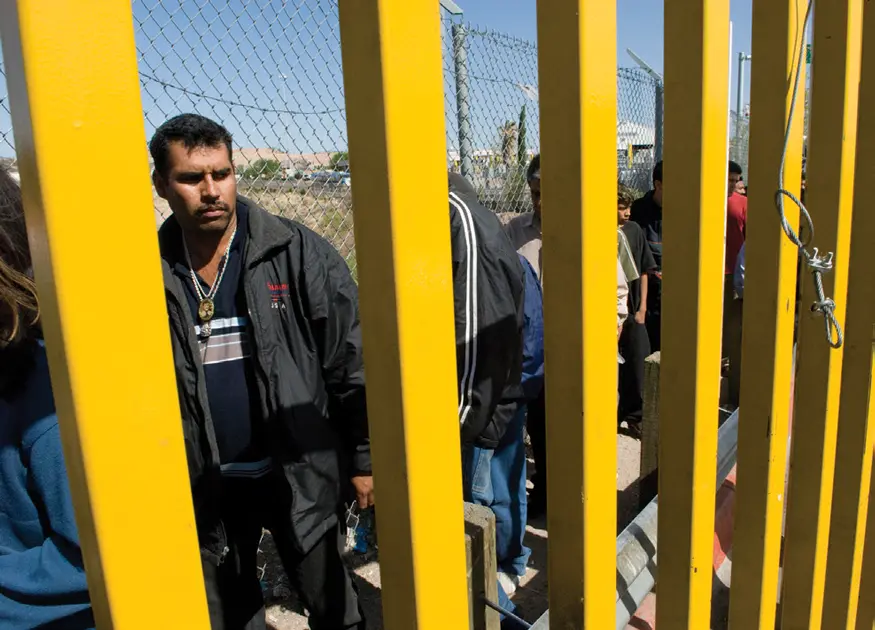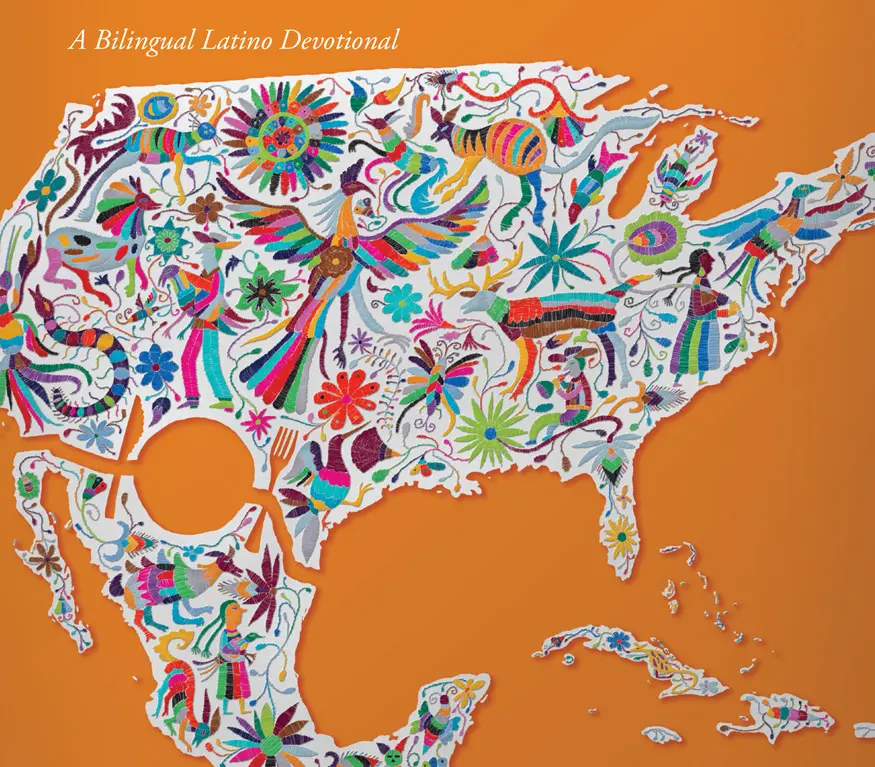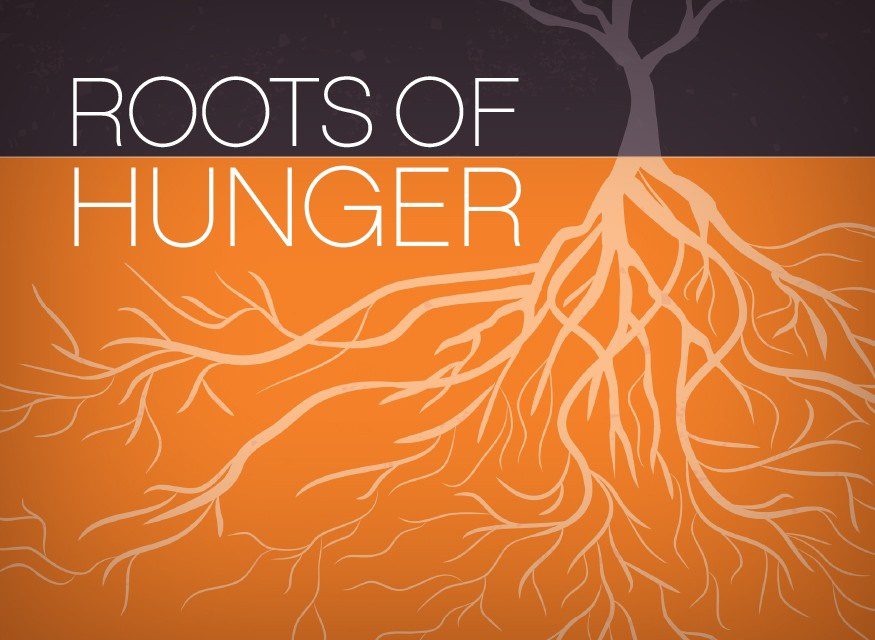We urge Congress to embrace smarter immigration and border enforcement policy.
Bread for the World recognizes immigration to be a hunger issue on both sides of the border. We call on Congress to take a comprehensive approach, one that welcomes the migrant and addresses the underlying causes of undocumented immigration. Not only would this be the moral thing to do but it also makes fiscal sense.
Even though the United States spends more than $11 billion on border enforcement annually, thousands of new undocumented immigrants arrive every year.
This level of spending on border enforcement, including personnel, has had minimal impact on curtailing undocumented immigration and has come at a high economic and human cost. Data from the Department of Homeland Security, for instance, shows that known migrant deaths have nearly doubled over a decade.
We urge Congress to embrace smarter immigration and border enforcement policy. This should include funding for programs that address push factors of migration from Central America; a reasonable pathway to citizenship for undocumented immigrants; and effective oversight and accountability of border enforcement practices and personnel, in any border enforcement funding bill.
Border patrol funding is nearly 17 times more than aid support for Central America



